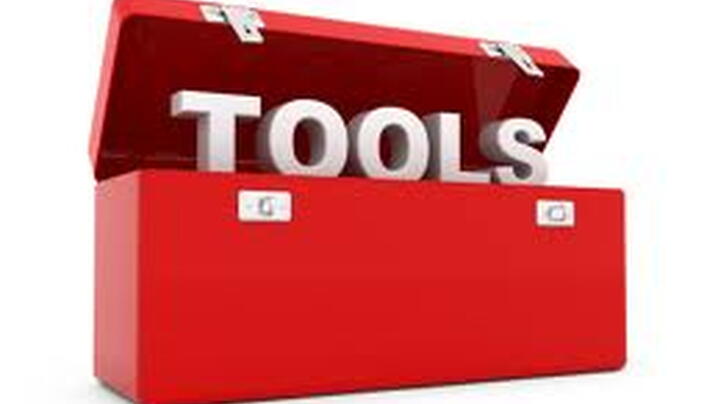
Earlier this year, I had the pleasure to be part of a small group of City Managers and Assistant City Managers who participated in a White Boarding exercise with ICMA and Esri, our global GIS partner. This exercise proved to not only be another opportunity to meet great people involved in local government around the country, but also an affirmation that we share a commonality in our daily efforts to make our communities better.
Our exercise was focused around three themes: 1) Climate Change/Community Resiliency 2) Economic Development and 3) Civic Engagement. Like every good workshop, the day was broken up into three distinct parts, first, learning about existing assets, in this case the wealth of data that exists through providers such as Esri. Second, understanding what tools we have at our disposal. For the purposes of this session is was a demonstration of applications currently part of the Esri toolbox that cities can use to address not only the three themes of our White Boarding exercise, but other issues as well. We were also introduced to some very cool, creative partners of Esri who have a similar mission, trying to build economic, social and human capital in cities using data and technology. The third part of the day was then a discussion of what kinds of applications would be valuable to cities as it related specifically to the themes above. This was our opportunity to brainstorm and think big! As our session progressed so did our discussion on how we could harness this data and these tools to create truly resilient (and vibrant) cities.
Now every community’s definition of resiliency may be slightly different but at its core, truly resilient communities are adaptive, have citizenry engaged in solutions and leverage resources. However, we recognize that there are barriers to overcome. One example of a barrier is local governments who lack the skills to engage citizens and have yet to embrace technology and the growing number of social media tools that citizens rely upon. This is where companies like Esri can help! Government is grappling with a way to use technology to communicate with citizens and create stronger human networks that can sustain a community during a crisis, operate efficiently and effectively during times where its “business as usual” or to respond to opportunities that can transform a place and help a city thrive. We used this exercise as an opportunity to explore all of these situations and how to create tools that work during crisis, create efficiencies during times of non-crisis and to improve our quality of life. What became evident during this discussion that by embracing these tools we could create more informed citizens, increase cross-collaboration among departments and key partners, reduce the silos of government and have meaningful outcomes that link to our performance measures and improve quality of life. Who wouldn’t want to live in a community that does this?
In Dubuque, the City Council has identified sustainability as our highest priority and Sustainable Dubuque has transformed our community and has become the lens through which we look at everything we do. It has also become our brand and we have been fortunate to receive both national and international recognition for our work. After sitting through the session it became apparent that technology providers like ESRI are yet another way to help us tell this story of transformation to our citizens, keep them engaged and recruit a new generation of workforce who choose to live in Dubuque, not because of circumstance but because of what we offer. ESRI has developed a menu of applications from Park and Recreation Finder to Election Results Viewer to Executive Dashboard to their newest app LIVE WORK LOCATE which can help citizens stay informed and give cities the edge they need.
Lastly, this experience has started a discussion among city staff of how we can use technology to create big picture thinkers in our employees to work across disciplines, help us deal with the transition of retiring employees and the loss of institutional knowledge and most of all how we link to sustainability and our performance measures. I found it inspiring and valuable to think about how, moving forward, we as a city can get more robust in using GIS to tell our story and to improve the tools in our toolbox to citizens.
New, Reduced Membership Dues
A new, reduced dues rate is available for CAOs/ACAOs, along with additional discounts for those in smaller communities, has been implemented. Learn more and be sure to join or renew today!
